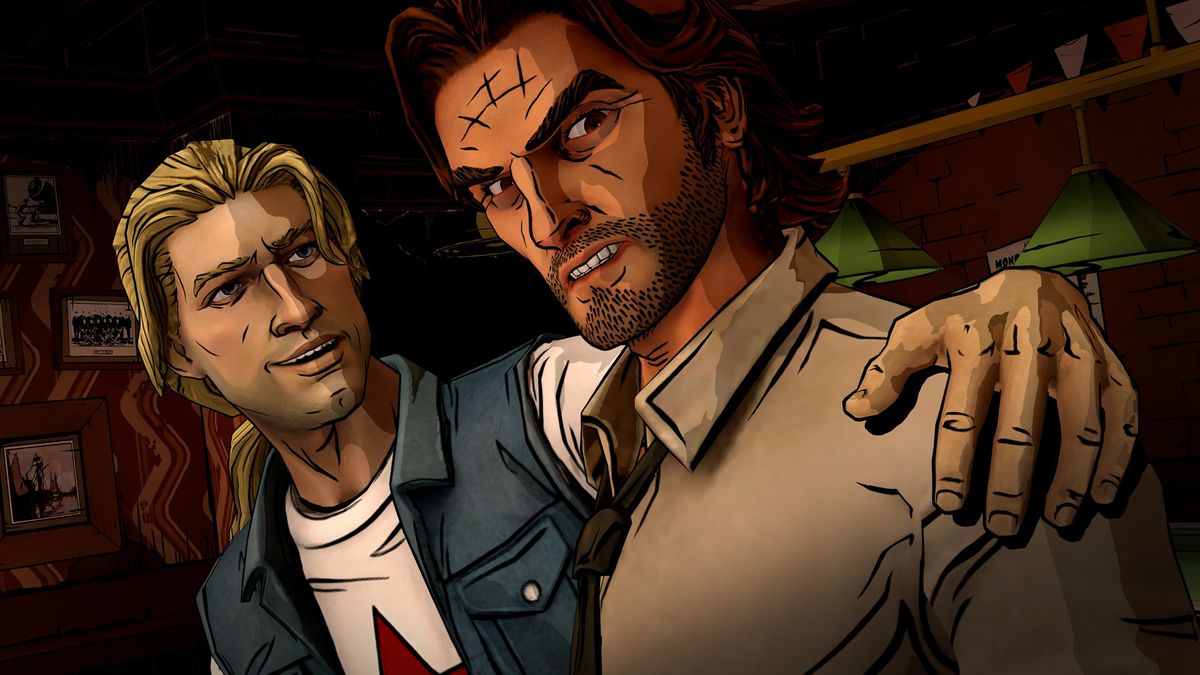“DC reserves all rights and will take such action as DC deems necessary or appropriate to protect its intellectual property rights.”
…
Days after Fables author Bill Willingham—whose work was adapted into Telltale’s The Wolf Among Us—announced he had thrust the series into the public domain as a form of “asymmetric warfare” against DC Comics, the publisher has proclaimed that it still very much owns the rights.
“The Fables comic books and graphic novels published by DC, and the storylines, characters, and elements therein, are owned by DC and protected under the copyright laws of the United States and throughout the world in accordance with applicable law and are not in the public domain,” a statement sent to IGN reads. “DC reserves all rights and will take such action as DC deems necessary or appropriate to protect its intellectual property rights.”
DC’s statement stands in direct opposition to two Substack posts Willingham has published over the last few days. The first, which included the initial announcement that he had decided to offer up the series to the public domain, took multiple stabs at DC’s treatment of Fables as well as a few choice mentions towards Telltale Games and its adaptation.
A follow-up post divulged a few more details, such as negotiations where Willingham claims that DC “reinterpreted [their] contracts to assume they owned Fables outright,” something which he claims was less of a mistake and more that the publisher “tried to get away with something and then retreated once it didn’t work.”



I was reading a blog post that talks about exactly how much the author is able to put in the public domain. My understanding is that Willingham has a fairly individualized contract with DC that he is grandfathered in on and is rather abnormal nowadays and gives him more control. DC has been trying to, as stated above, “reinterpret” that contract to give them more control.
Essentially, DC may own the rights to the individual products they published, but the world and characters Willingham created can be used outside of those in new or reimagined context.
Thanks for that link, amazing. I didn’t realize how unlikely US is to change copyright length, or how important the creative commons license was
I think it’s likely that if anyone tries to use it as part of public domain, DC will take them to court. At that point, it’s probably completely up to the whim of whoever’s court it lands in.
If they don’t take him to court and any new imaginings of the material keeps away from what tell tale already created I think it might actually be a DC loss, should they challenge it
Wow, just read half of it, it’s a really murky situation (as the article mentions).
That creates a significant can of worms in regards to what parts of the character are derived from the source material that is owned by DC. See not allowing sherlock holmes to smile for an example.